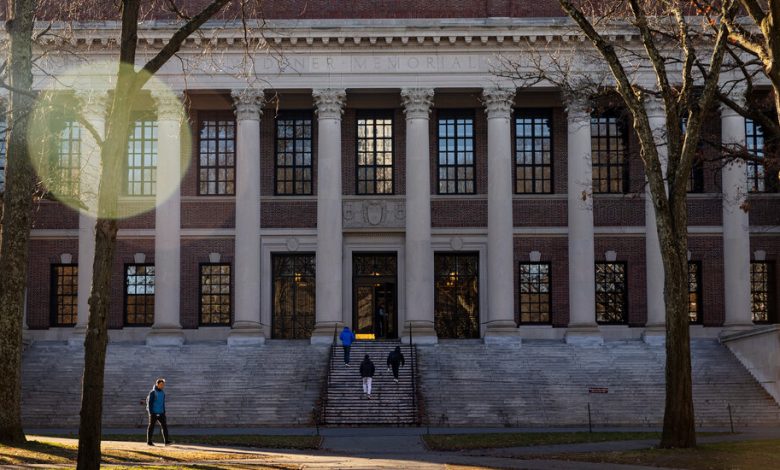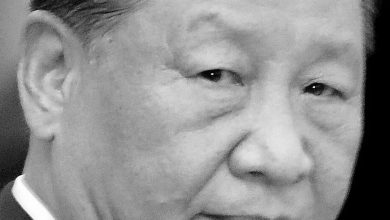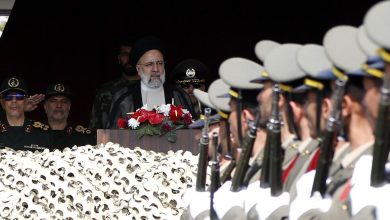At Harvard, Some Wonder What It Will Take to Stop the Spiral

When 70 university presidents gathered for a summit at the end of January, the topic on everyone’s mind was the crisis at Harvard.
The hosts of the summit treated the university, battered by accusations of coddling antisemitism, as a business-school case study on leadership in higher education, complete with a slide presentation on its plummeting reputation.
The killer slide: “Boeing & Tesla Have Similar Levels of Negative Buzz as Harvard.”
In other words, Harvard, a centuries-old symbol of academic excellence, was generating as much negative attention as an airplane manufacturer that had a door panel drop from the sky and a car company with a mercurial chief executive and multiple recalls.
Jeffrey Sonnenfeld, a professor at Yale’s School of Management, organized the summit. “Despite near 400 years of history, the value of brand equity is nowhere near as permanent as Harvard trustees think it is,” he said in an interview. “There used to be a term in the industry of something being the Cadillac of the industry. Well, Cadillac itself is, you know, sadly not the Cadillac of the industry anymore.”
Many of the presidents attending the summit saw the erosion of Harvard’s brand as a problem not only for the school, but also by extension for the entire enterprise of higher education. If Harvard could not protect itself, then what about every other institution? Could Harvard’s leadership find an effective response?
There was a hint of a more assertive approach by Harvard on Monday, when the university announced that it was investigating “deeply offensive antisemitic tropes” posted on social media by pro-Palestinian student and faculty groups. The groups had posted or reposted material containing an old cartoon of a puppeteer, his hand marked by a dollar sign inside a Star of David,lynching Muhammad Ali and Gamal Abdel Nasser.



